Mein Nachbar, der Geschichten schreibt
Kurz vor Weihnachten erhielt ich von meinem ehemaligen Nachbarn David Pearce eine Nachricht. Er sei nominiert für einen US-amerikanischen Literaturpreis. Ein paar Wochen später öffnet er mir am Geissfluhweg die Haustür, noch bevor ich geklingelt habe. David Pearce bittet mich in seine Stube.
Wäre ich nicht Journalist, so wäre der grossgewachsene Mann mit der honigbraun getönten Sonnenbrille für mich wohl für immer der Nachbar geblieben, der mich mit seinem angelsächsischen Akzent auf der Strasse grüsste. Der Nachbar, dem ich hin und wieder begegnete, wenn er den Einkaufswagen die Granittreppe hochzog. Der Nachbar, der mit seinem Lebenspartner Bruno Ritter zwei Häuser neben meinem Elternhaus wohnt. Viel wusste ich nicht über dieses ältere Paar. Ein erstes Mal trat ich in ihre Welt ein, als ich über die sechs Reihenhäuser der ehemaligen Centralbahn schrieb. Bruno Ritter, vor 82 Jahren am Geissfluhweg geboren, kennt die Geschichte der historischen Häuserzeile besser als sonst jemand. Der ehemalige Generalkonsul war nach langen Wanderjahren im Jahr 2000 mit David Pearce ins Elternhaus am Geissfluhweg zurückgekehrt.
Wie ich also zum zweiten Mal den «Zwilling» meines Elternhauses betrete, sind da noch immer all diese Möbel und Souvenirs, die Geschichten aus anderen Ländern erzählen. Von David Pearces fantasiegeladener Innenwelt, die er auf ein Blatt Papier niederschreibt, erfahre ich hingegen zum ersten Mal. Und ich hatte immer gedacht, er sei Engländer, bis das Oltner Tagblatt ihm anfangs Januar begegnete und im Porträt von seiner Herkunft in Pennsylvania und Ohio schrieb. Ob wir eine Kurzgeschichte über Olten publizieren möchten, fragte mich David Pearce eine Woche danach. Wir sagen zu. Und als wir uns daraufhin im Wohnzimmer unterhalten, sagt der 72-Jährige: «Mit dieser Geschichte will ich beweisen, dass ich es ernst meine damit, ein Oltner Schriftsteller zu sein.»
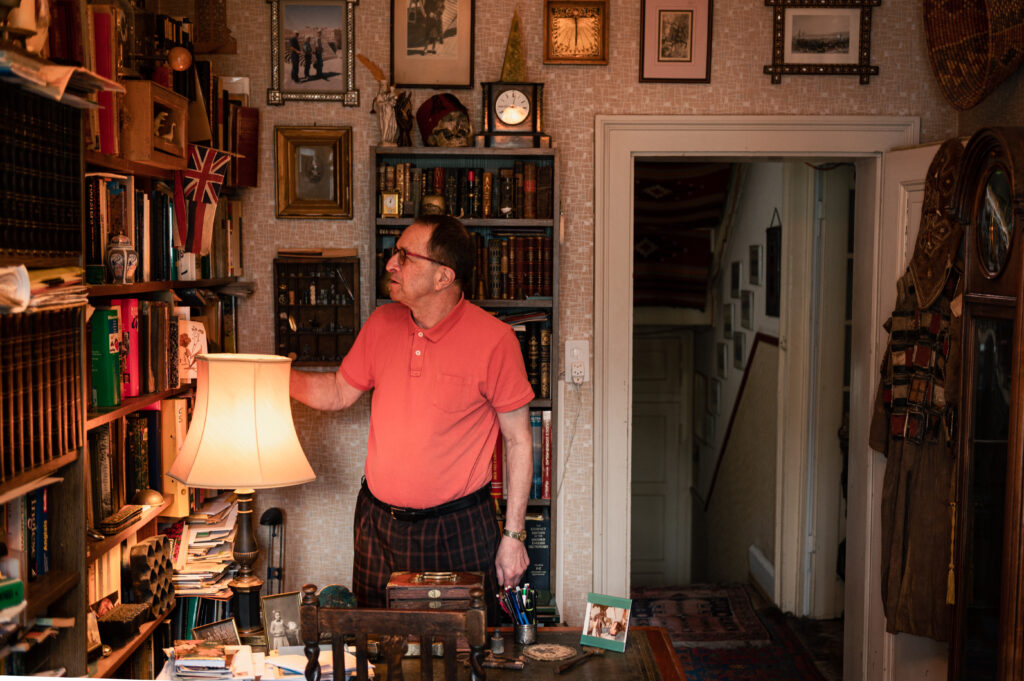
Wann haben Sie damit begonnen, Geschichten zu schreiben?
Für einen Freund in Amerika habe ich aus Spass Geschichten zu seiner Hündin erfunden. Ich habe die Hündin zur Spionin gemacht. Sie war ein intelligentes Wesen, bewegte sich im französischen Untergrund, gewann einen Nobelpreis und war mit Kleopatra verwandt. Sie war Anubis, die Hundegöttin. Aber die Geschichte war nur ein humoristisches Stück, nicht zur Veröffentlichung gedacht. Mittlerweile sind die Hündin und mein Freund beide verstorben. Vor 35 Jahren schon schrieb ich in Berlin eine Kurzgeschichte, die bis heute zu einem Roman herangewachsen ist. Auch die Hündin hat sich in diesen Roman eingeschlichen. Die Geschichten wachsen und wuchern wie Unkraut in meinem Kopf und plötzlich kommt alles aufs Papier.
Sie wollen bald auch einen Roman veröffentlichen?
Irgendwann schon. Aber ich habe wichtigere Projekte und möchte erst ein Theaterstück publizieren. Wegen des Virus wird es nicht für die Bühne, sondern zunächst nur Lektüre sein. Autorinnen und Dramatiker machen keine Pause.
Sie auch nicht.
Einmal in der Woche sage ich: «Jetzt ist Schluss.» Und dann kommen neue Ideen. Die Geschichte über Olten kam aus dem Nichts.
Sie setzen darin einen bekannten Oltner in eine Fantasiewelt, die aus einer – für Oltnerinnen – vertrauten Umgebung besteht.
Ja. Theodor Schweizer, der Hobbyarchäologe und PTT-Mitarbeiter, war ein guter Freund von Brunos Vater. Aber die Geschichte erzählt eben nicht von Theodor, sondern von Theo.
Wie reift eine Geschichte wie jene aus dem «alten» Olten heran?
Ich schreibe von Satz zu Satz. Die Geschichte hab ich nie als Ganzes im Kopf. Wenn ich die erste Seite geschrieben habe, hab ich keine Ahnung, was später passiert. Zum Beispiel was Theo im Dickenbänli machen soll. Aber die Idee kommt von selbst.
Woraus erwächst die Kreativität in Ihnen?
Vielleicht hängt sie mit dem Alter zusammen oder mit … (überlegt lange) so etwas wie mentaler Abnormalität. Das Geschichtenschreiben ist dann die Lösung, meine verschiedenen Probleme in den Griff zu kriegen.
Wie eine Therapie?
Ja. Ich habe so viele Fantasien ausserhalb der Norm. Und ich kann verrückt werden – oder eine Geschichte aufschreiben. Ich ziehe Letzteres vor. Einige Menschen sagen, ich hätte keine Hemmungen davor, etwas auszusagen.
| David Pearces erstes Buch wird voraussichtlich Mitte 2021 unter dem Titel «The Writer’s Circle» erscheinen und vom Purple Wall Verlag herausgegeben. Das zweite mit dem Titel «Tales from the Golden Mirror» folgt Ende 2021. Es beinhaltet eine Serie verknüpfter Geschichten, die zwischen dem 12. Jahrhundert in der Bretagne und dem 20. Jahrhundert in Indochina situiert sind. |
A New Year’s Tale
by
David Pearce
A very groggy Theo Schweizer studied his face in the bathroom mirror. New Year’s Day. He looked a year older, he thought. What year was it now? He’d calculate it later. That Stängeli of beer at the Bahnhöfli after finishing his postal round, delivering all those tiny last-minute New Year’s greeting cards, was the last thing he remembered. How did he get home? He vaguely recalled crossing water, and passing water, as well.
Or was that the remaining image of his recurring nightmare, intensified this time by a Sylvester drink? As always, Maria appeared from behind the curtain covering the window out to the garden. He had followed her, cold and aware of the stillness of the night. She was perched now on the edge of a cliff near the path leading up to Dickenbänli. He knew she was going to jump. She always jumped in his dreams of her. Eleven years ago in March, she had fallen down the granite steps to the cellar with its vaulted ceiling. She had struck her head, killing herself instantly. Those stone steps, piled plinths of granite, row upon row of rocky death – what held them together? What held them up?
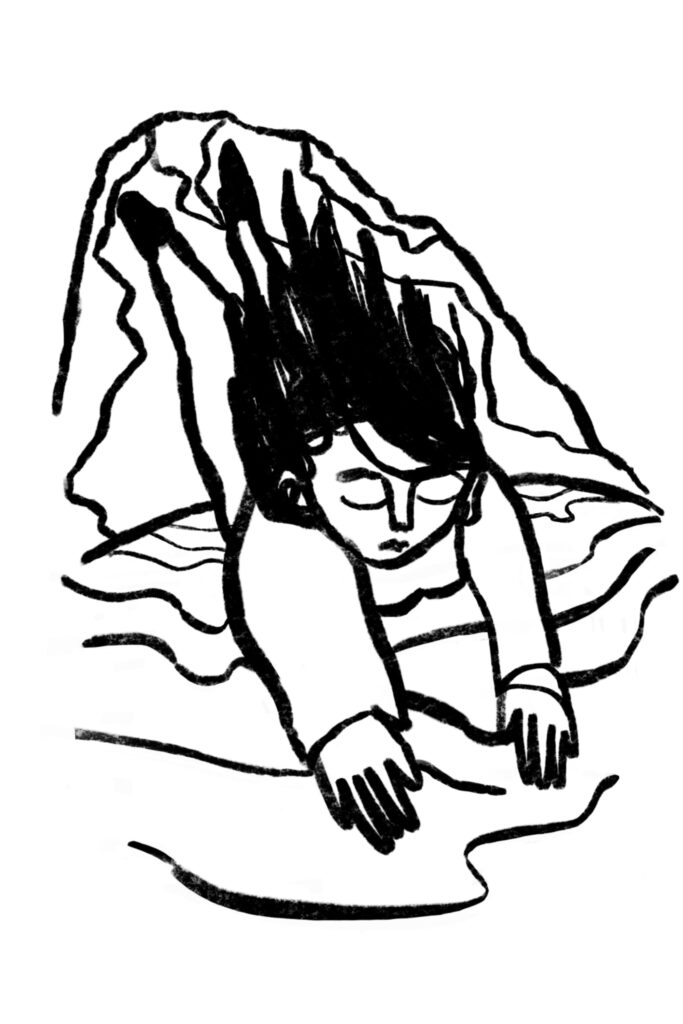
When she jumped this time in his dream, she taunted him, proudly showing herself to be heavily pregnant. “You couldn’t manage it, could you? Or is this yours, after all?” Then she sprang, slowly descending into the depthless water below. As she struck the surface, a spark flew out, then followed her deep beneath the water until they both faded into dawn.
Theo needed fresh air – a walk up to his Refugium would help clear his head. There had been no snow, not even a frost yet that winter. Olten was bright and clear – Sun City, it was now called. Those legendary days of fog had been banished at the throw of a switch. The Stadtpresident had claimed credit with his new air filtration system. Hovering invisibly high in the sky above Olten, it pumped the fog into the ground, where it turned to water. True, the River Aare WAS higher since the scheme had started operation. And there were three new streams, Dorfbäche, flowing into the river. Still officially unnamed, they were dubbed Caspar, Melchior, and Balthazar by the locals, and in a few days would be dyed gold for Epiphany.
Being the amateur archaeologist that he was, Theo the Autodidakt always had an eye out for fossils. Sometimes they would be washed out, other times they would be kicked up by horses galloping through Gämpfi. Theo was also attracted to flint. He could recognise it by the merest surface showing through the earth. Flint ‘grew’ in clumps or knobs, but Theo preferred the German word ‘Knollen’ as being much more expressive. Feuerstein. The English also said ‘brimstone’, burning stone. He’d have liked to popularise a word of his own devising – Funkenstein, or spark stone. He always forgot to check if that might already be a word.
He was passing the bakery at the edge of Bannwald and thought he’d buy a piece of St-Honoré Torte on his way back, if they were going to open. And here, he said to himself, I’ll be picking Bärlauch in a few months. Just along the path through to the top, he spied a lump of flint, nearly dug out, perhaps by someone else earlier. Yes! Then another higher up. And another. Almost like following a trail, he thought. But he had forgotten to bring a bag to put them in, and his pockets were already full of holes and other things. He took off his hat, that old-fashioned flat cap, the Schirmmütze, that Maria had hated, and put his cache of stones inside.
One more piece of flint, then he’d go home. He saw the perfect one to dig out (surely someone else had been here digging before him, but had not been patient enough to finish the job), and he bent down. He rocked unsteadily on his feet, then lost his balance. Just like that. He tumbled nearly halfway down the hill, his mind conjuring up all sorts of horrible images of Maria falling down the cellar steps. At some point in his descent, he lost hold of his hat. Then he lost hold of his consciousness, as he banged his head against a particularly unyielding large rock.
When he came to, Theo discovered that he had managed to pick up an extra Knolle – the lump on his head. What had happened? He seemed not to remember falling, and he certainly had no idea where he was. The trees, the hill, the landscape – all was strange. And where was his hat? He looked around him, vaguely aware that he was moaning in gentle, throbbing pain.
The afternoon sun was sinking, as were his hopes of finding his hat. He decided to sit down and have a good talk with himself. Oof! There was his hat. He had sat on it. The lumps of flint that had remained inside were painful enough to make him stand up again. He was getting rather upset now. He took the stones from his hat one by one and threw them into the trees. He heard each of them hitting the ground. When he threw the next one, with two still left in his hand, he waited to hear it land. Nothing. It must have hit something soft. A clump of moss, perhaps? A full Robi-Dog sack? A dead body? He went to look. Nothing to see, nothing at all.
Idly, he struck the two remaining flints together to make a spark. No spark. Must be the damp air. He tried again and managed to rouse just a whiff of sulphur. Another strike brought a puff of smoke. And the spark from the fourth strike ignited the smell and the smoke into a flame. Poof! It went out. Theo struck again. This time the flame stayed lit. In fact, it wouldn’t go out. Instead, it danced in the air in front of him like a candle-less candle. Theo’s hands tightened into fists around the two flints.
The flame, was it blue? It was hard to tell in the setting sun. The flame circled Theo’s head, but he did not turn around to watch it. As it came back in front of his nose, it waggled a bit up and down, then side to side, and finally, with Theo’s full attention now, forward and backward. It moved away from Theo, who followed it as if hypnotised.
Together, they rounded the corner of a small outcrop of rock and approached a narrow cleft in the surface. The stone was moist and clad with moss. The flame disappeared inside the crack. Theo followed, just able to squeeze through. The flame had waited inside for him and now led him through a long tunnel to a cave, the floor solid and smooth. Light came from other flames of flint or from gases arising from holes in the rock. The cabbage-like smell was not unpleasant to Theo’s nose, and his eyes were not bothered by the miasma. A distant sound of dripping water and heavy hammering echoed through the cave.
Theo was no stranger to tunnels or caves. His job at the PTT took him through tunnels that connected the sorting office at the railway station, the Briefex, to the main Post Office. And the tunnel under the Aare, the Düker, was open to him to use as a member of the St-Martin’s Brotherhood. He had also investigated most of the war bunkers and other fortifications in the area.
Theo had the impression that this cave branched out farther back, judging from the echoes. The flame still led him on – on and on. The hammering was getting louder. Then Theo realised that what he had at first thought to be the stone walls of the cave were actually rows upon rows of stone pillars, arranged like pairs of dolmen. Somewhere deeper inside, these were being chiselled out of the rock and shaped.
He looked more closely at the columns. Each pair of pillars held an object hanging from a crossbeam, like a gallows. Gallows! The old Frohheim Galgen, Theo guessed. But these were not bodies dangling – they were just the heads! He backed away in horror and bumped into one from behind. It rang.
Not like a telephone, no. Like a bell. Those weren’t heads, those were bells hanging on the gallows. They reminded Theo of lines from that poem he had memorised in school, ‘Calliope’, by the English poet Fletts. “And the bell that rings its own sad time, the secrets in its dullest chime, the low bell, the slow bell, the bell that sways on gallowed time.” Then another bell rang to Theo’s left, and he turned, and saw – Maria.
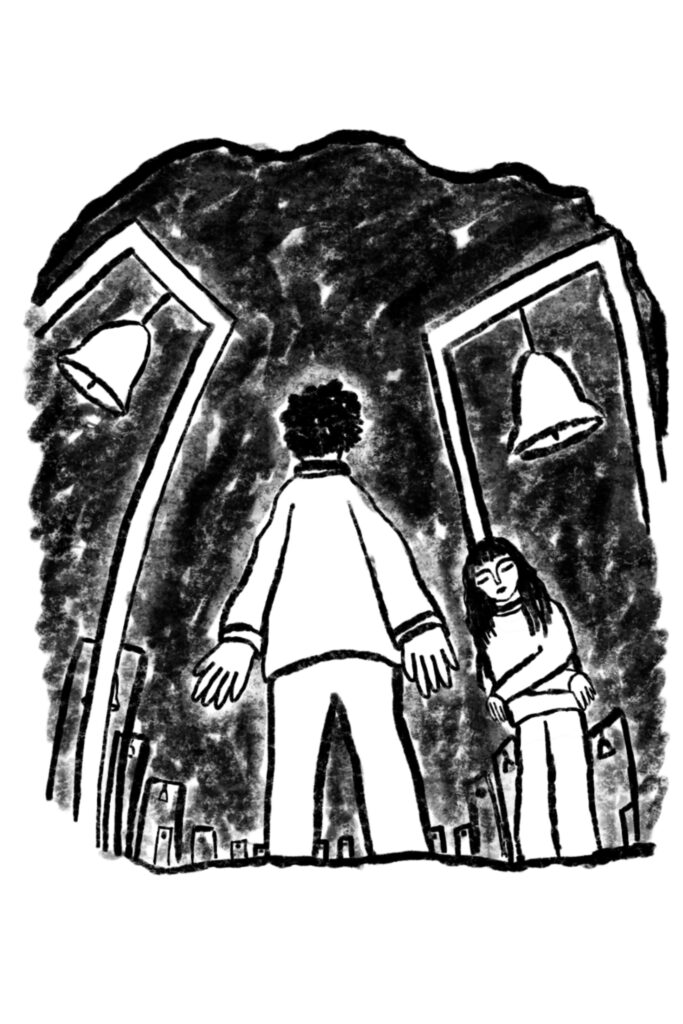
“You dropped this, Theo.” She held out the piece of flint that he had not heard landing after he had thrown it. “I caught it.”
“Maria! How – how are you here? What happened? Aren’t you dead?”
“Of course I’m dead. You were with the police when they took out my body. Don’t you realise where we are?”
“In a – in a cave.”
“Under the cemetery. I didn’t have to travel far. Our house is just down that tunnel there.”
Theo stood staring at Maria. Even after eleven years of death, she was still powerfully attractive, seductive as a temptress.
“Our house? OUR house? Maria!”
“Our house, yes. It’s been awhile, but I remember it. I’m not allowed inside.”
“Not – allowed – ?”
“Remember when you bought it just before we were married? Grätzer’s. You could still smell the yeast.”
“Not allowed inside – where?”
“And then those strange anarchists occupied it, remember?”
“Maria – listen to me!”
“What is it, Theo? Don’t you remember all the dampness in the cellar?”
“Who doesn’t allow you inside?”
“The ones here – we’re all dead, you know. We get buried up there – down here – and we can walk around. I was able to find our house because of the water.”
“Maria! What? What water?”
“The artesian well, of course. I still swim in it, but I’m not allowed higher up – into the cellar. The entrance is just under those steps I fell down.”
“Entrance? To what?”
“This cave. You mean you never looked?”
“Maria. Am I dead? I mean, am I dead?”
“You fell rather far and, as I heard someone say, you hit your head quite hard. Shall we take a walk?”
“Can we get out of here?”
“No, I meant just a walk over to Grätzer’s.”
“Fine, but I’m climbing up into the cellar.”
“Without me, Theo?”
“WITH you, of course!”
“It won’t work, Theo. You might just be able to sneak through if you hurry. You might not be completely dead yet.”
“And then what? What then?”
“You see these bells? There’s one for each of us down here. No, don’t look for anyone. I’m the only one you can see. I don’t think they’ve started on your bell yet. But — “
“But what? Tell me! Maria!”
“How many bridges does Olten have?”
“Oh, I don’t know. Why?”
“How many bells does Olten have, then?”
“More bells than bridges.”
“Never mind the bridges. You see that bell, way over there? Here, come. I’ll show you. This is my death bell. If you can escape this cave and make this bell ring, I will return to life.”
“That’s impossible. Maria, darling, I’m – well, almost a scientist. I don’t believe in this sort of magic and spirits.”
“You haven’t found someone else, have you?”
“No. Not yet. I mean – the bell. How could I ring it if I’m above ground? That sounds like magic to me.”
“Now listen carefully, Theo. As I understand the procedure, one of the bells in Olten corresponds to this bell. Something like – resonation?”
“Resonance! Yes! That’s acoustic science! Go on.”
“Well, of course, the bells in Olten get rung all the time. But if the matching bell is rung with – uh, well, with – here! With THIS stone, the one you threw to me. Ring the bell with this stone, and I’ll be back to life.”
“But which bell? I can’t try all the bells in Olten! Some are quite out of reach, as well. Martin’s church spires are way too high. And – NO! I’m not climbing any tower.”
“No, Theo. Just listen. My bell – and I’m glad I was listening when they were telling me. My bell is at the railway station. On the main platform at the north end. It’s not really a bell-shaped bell. I guess I wasn’t buried at the time when those were being allocated. It’s still a bell, though. Just ask for it. I think it’s called the Trimbach Line bell, something like that. Then throw a rock – no! THIS rock – at it to ring the bell! How’s that?”
“You’re sure I’m dead?”
“Theo, why do you keep asking? You’re probably not totally dead yet. We’ll just have to take that chance. Now – let’s pretend we’re just strolling along to Grätzer’s, shall we?”
The pair walked through a side tunnel under the cemetery and crossed under the old electrical tower, then found the artesian well, just as Maria had said. They climbed a slope until they reached an exit tunnel which ended in a tangle of wheels.
“Theo! No wonder you never saw this entrance. You’ve shoved your old bicycles back here. And the old garden chairs. I can’t go any farther with you, but you squeeze yourself through all this jumble and – and ring my bell!”
Away back down the tunnel she sped, leaving Theo wondering why she hadn’t kissed him. Struggling with Motobécanes and Raleighs, Theo finally burst through the barrier and ran up those stone steps, exactly the size and shape of the gallows pillars. As he passed through the hallway toward the front door, he reached out automatically for his hat. NOW where was it? He ran through the back streets to the Rail Station Bridge over the Aare, past the station fountain which never froze over anymore, into the ticket hall, and onto the main platform.
Bell? No one knew anything about a bell. Trimbach bell? Might be up at the Trimbach station, mightn’t it? A lone man, waiting for the train to Basel, entered into Theo’s conversation with the station employees.
“That’d be the bell old Max had taken down. Got it in his garden now. Up by the Waschhüsli.”
Theo was looking worried indeed. Waschhüsli? A wash house?
“I’ll show you. Come on, lad!”
They walked to the edge of the station grounds. “Head up that way, past some vegetable gardens, then cut through the path next to a set of fine old houses, what used to be offices for the railway. There’s the wash house, and right there’s your bell – or now it’s Max’s bell, him who used to be assistant stationmaster here. He was a fine one for — “
Theo broke free from the old man’s chattering and ran up the hill leading to Hardwald. There! There was a small open shed, and next to it the bell. Well, it looked more like a lantern on a post than a bell, but he could already almost hear it ringing Maria back to life.
He stopped in front of it, checked his position, weighed the flint in his throwing hand, turning it over and over, then took careful aim, and flung it with all his strength at the bell. Fortunately, no one was around, for the bell made the loudest clang Theo had ever heard, reverberating for nearly a minute. It made him wonder what time it was. Time seemed to have stood still, or rather, time seemed to have reversed. It had been darkening when he followed the mysterious flint flame into the cave. He realised only now that it was daylight. Had he spent so long in the cave? Was it tomorrow already? Was it St-Berchtold’s Day? How confusing!
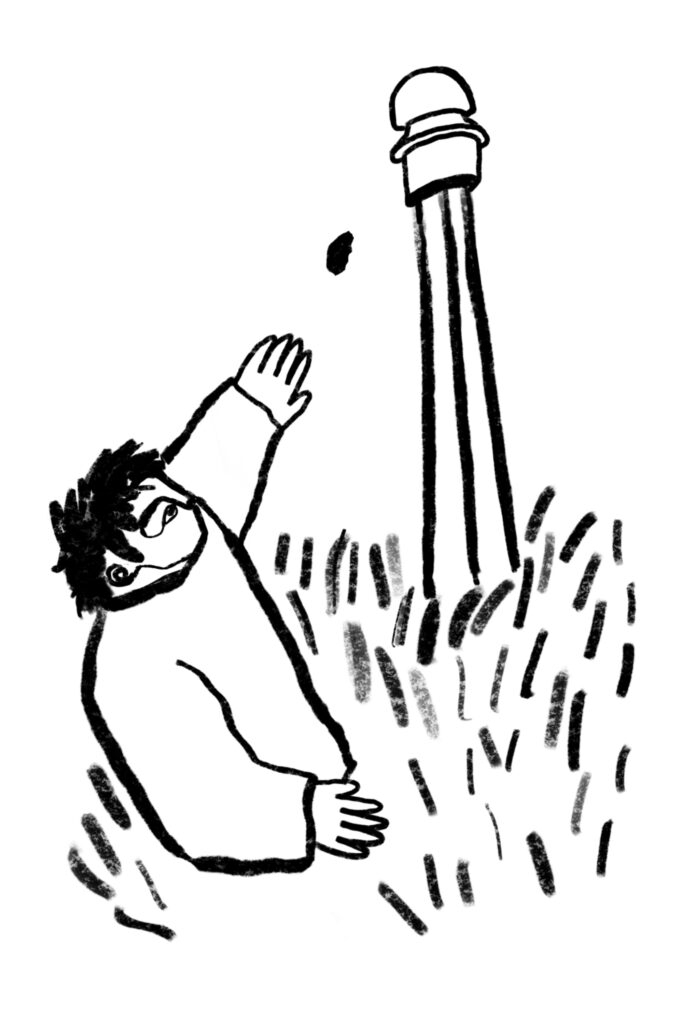
Instinctively, Theo retrieved the stone and hurried – where? More confusion! Where was he to go? Maria had not said. He doubted he could find the cave in the woods again, so he hurried back home.
Once inside, he ran to the cellar steps, where Maria had fallen to her death. Had she too been in a hurry, just like Theo was now? Had she lost her balance, just like Theo did now? Had she pitched backward? No, forward, just like Theo did now, striking her head on the bottom stone step, just like Theo is doing now.
Maria sat by her bell hanging on the gallows in the cave, waiting for it to ring. Finally it gave a muffled ‘Cling’ and returned to its silence. She went quickly but carefully to the artesian well just beyond the door to Theo’s cellar and waited. “What on EARTH can be keeping him?” she wondered, fingering the brim of the hat Theo had dropped. She never had cared much for that hat.
Schreiben Sie einen Kommentar Antworten abbrechen
Sie müssen angemeldet sein, um einen Kommentar abzugeben.
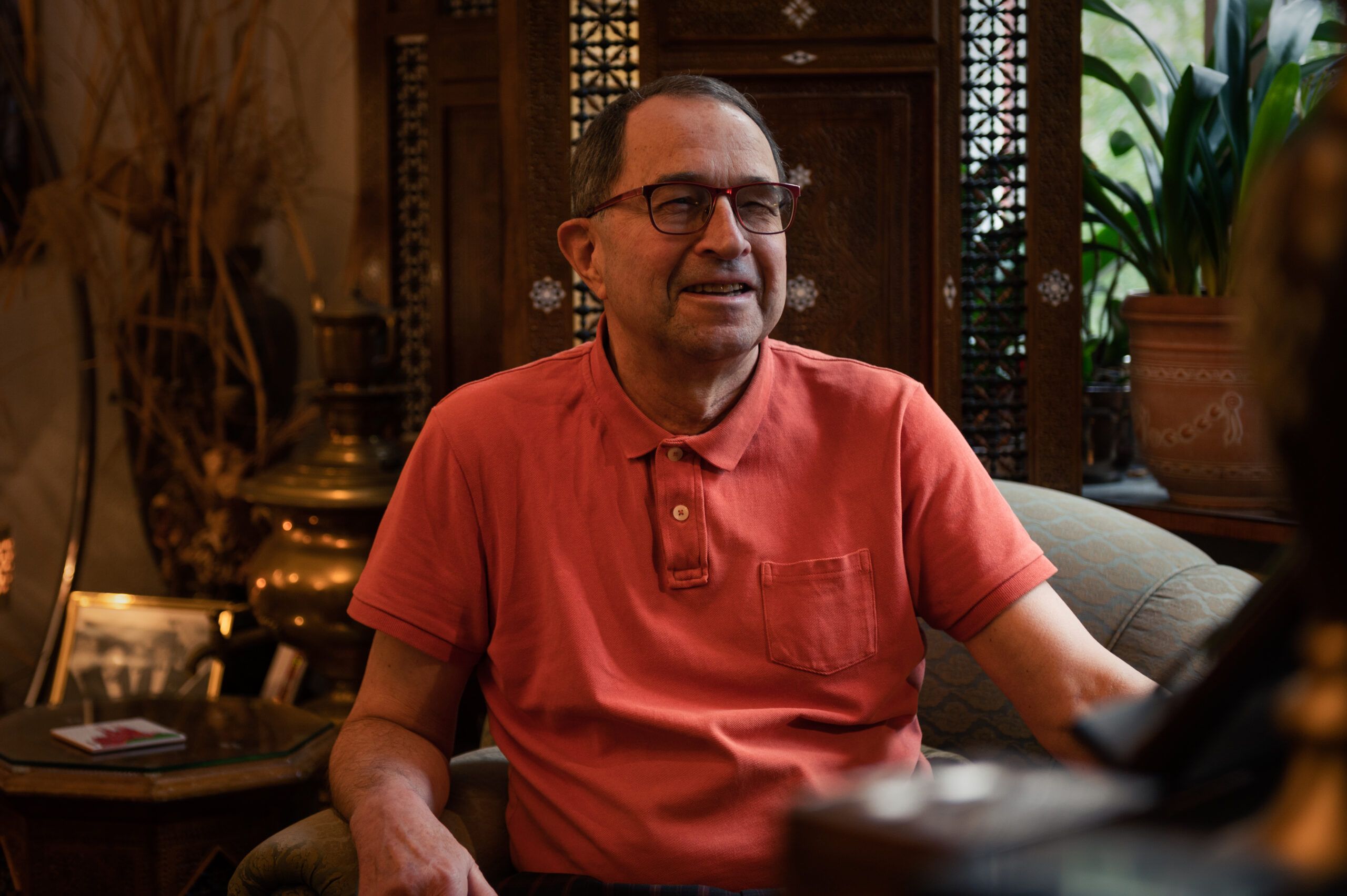
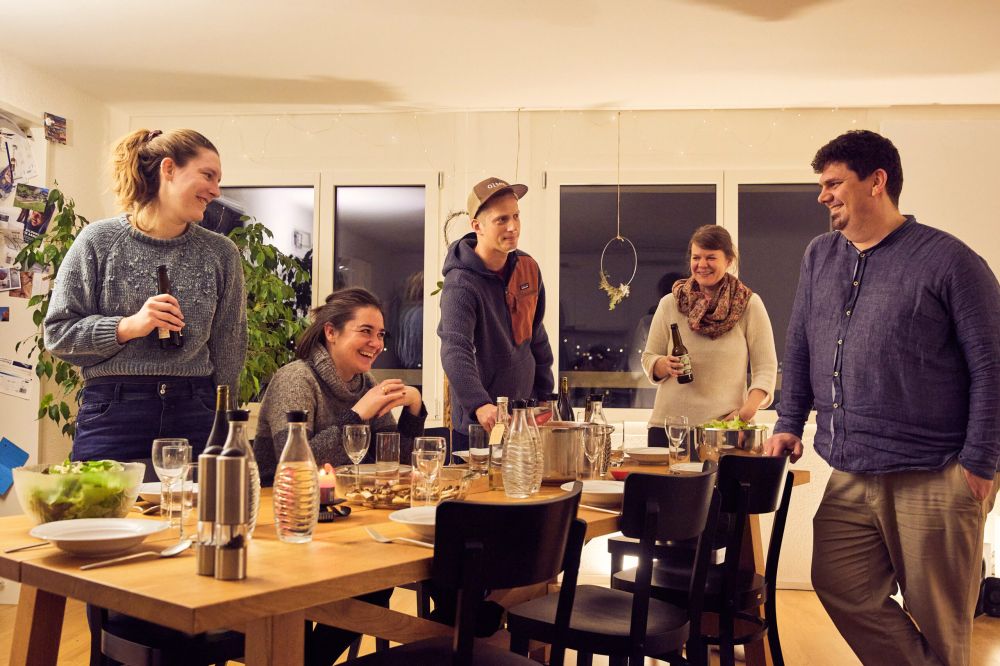
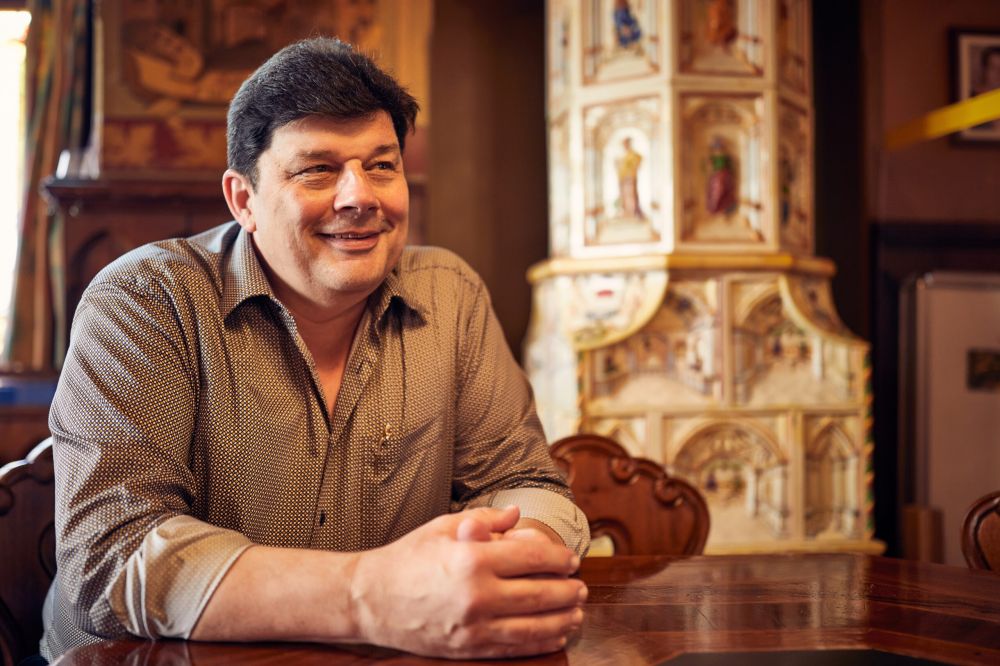
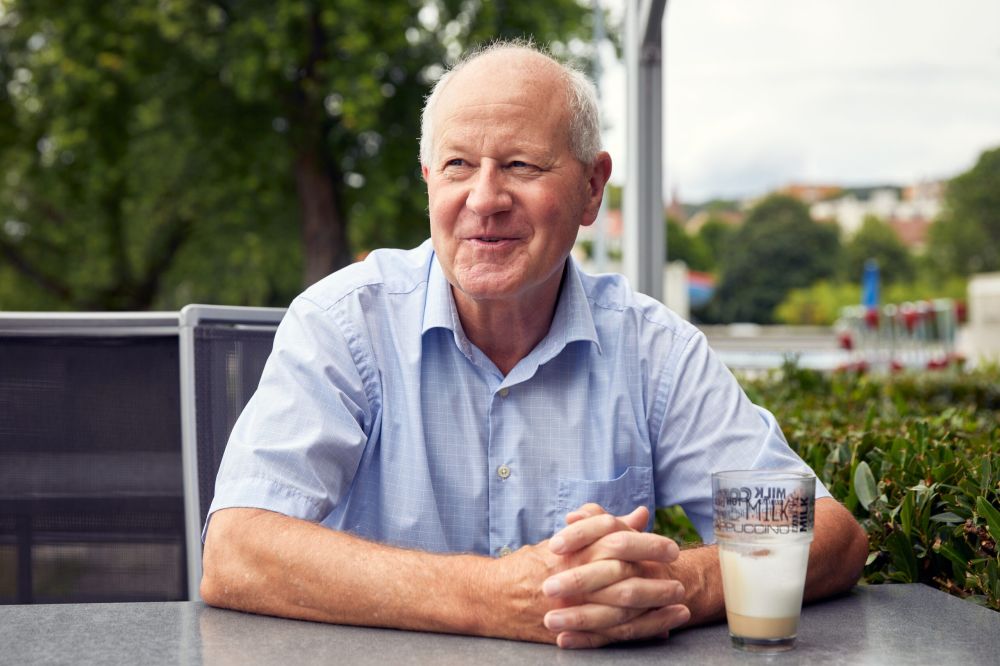
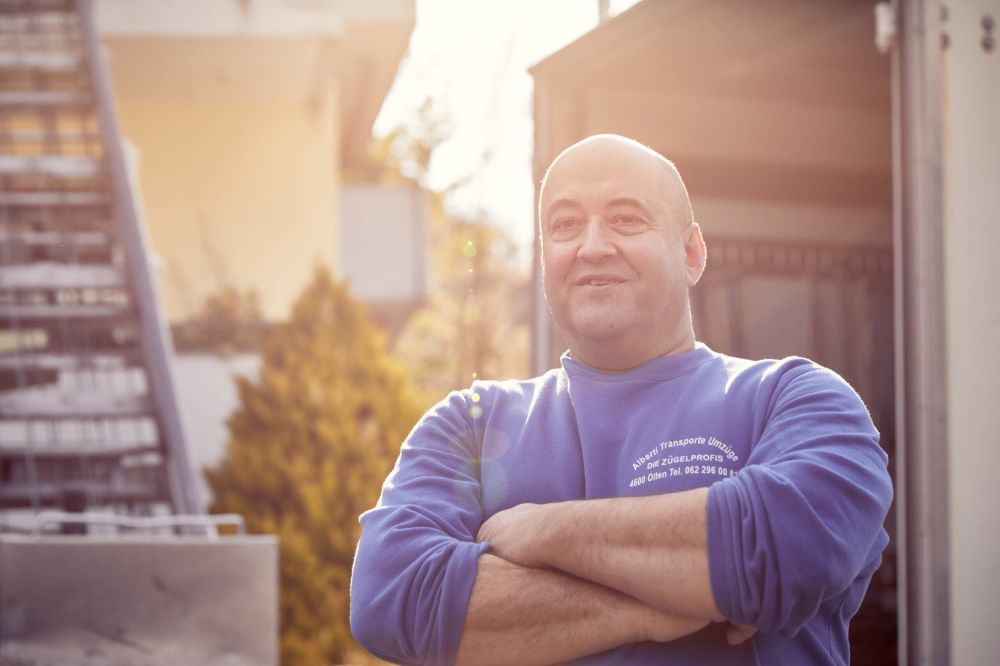

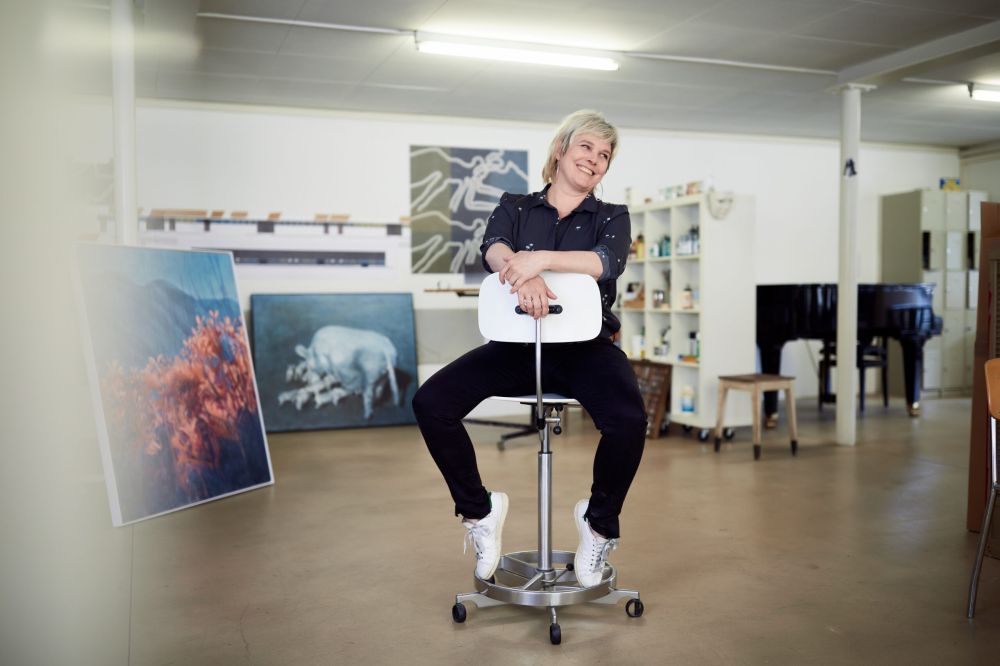
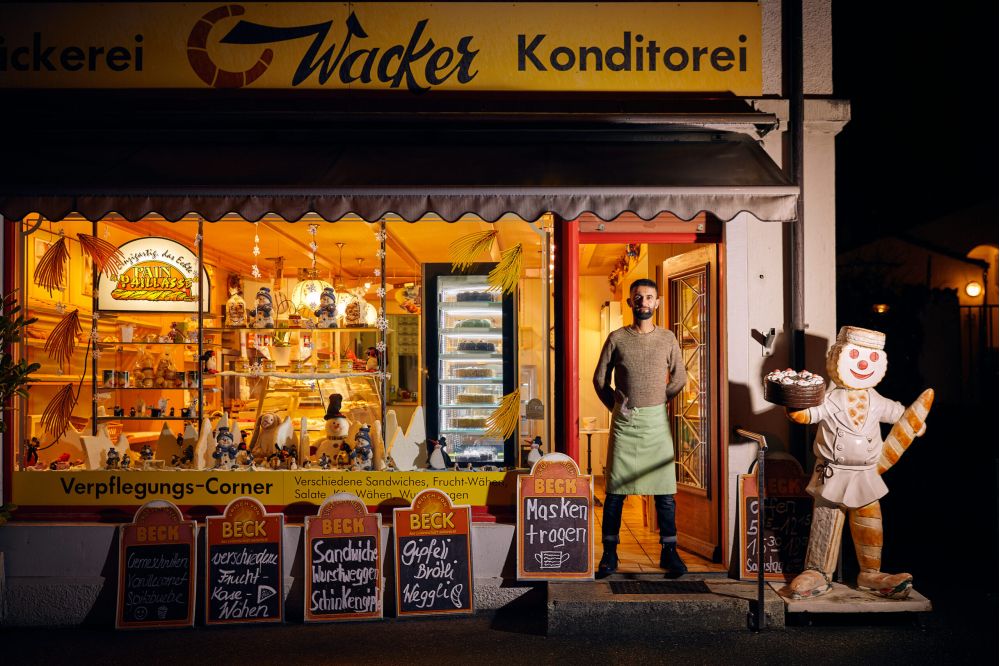
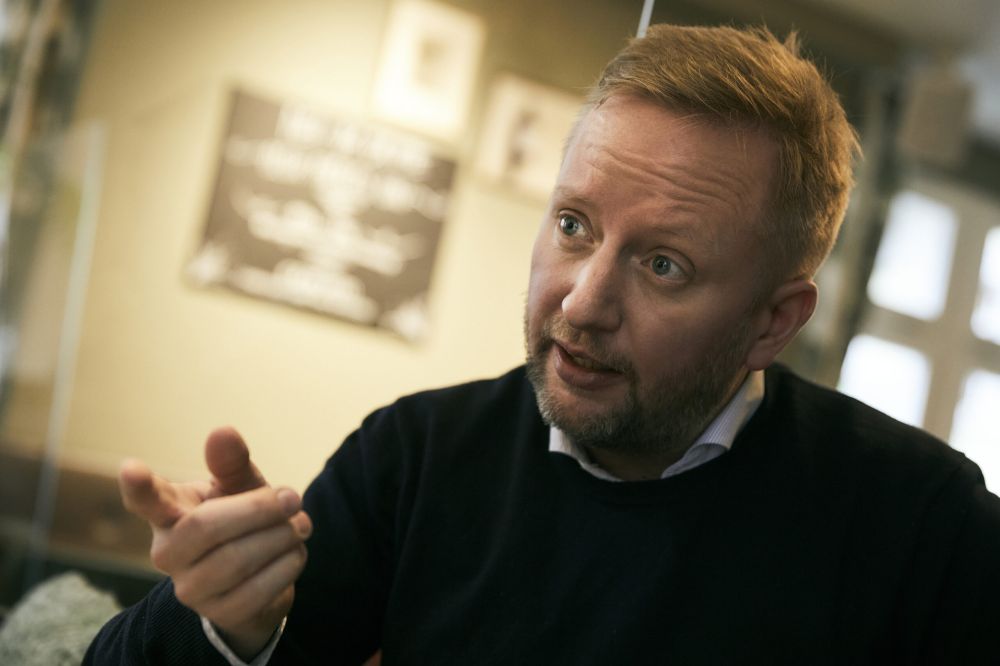
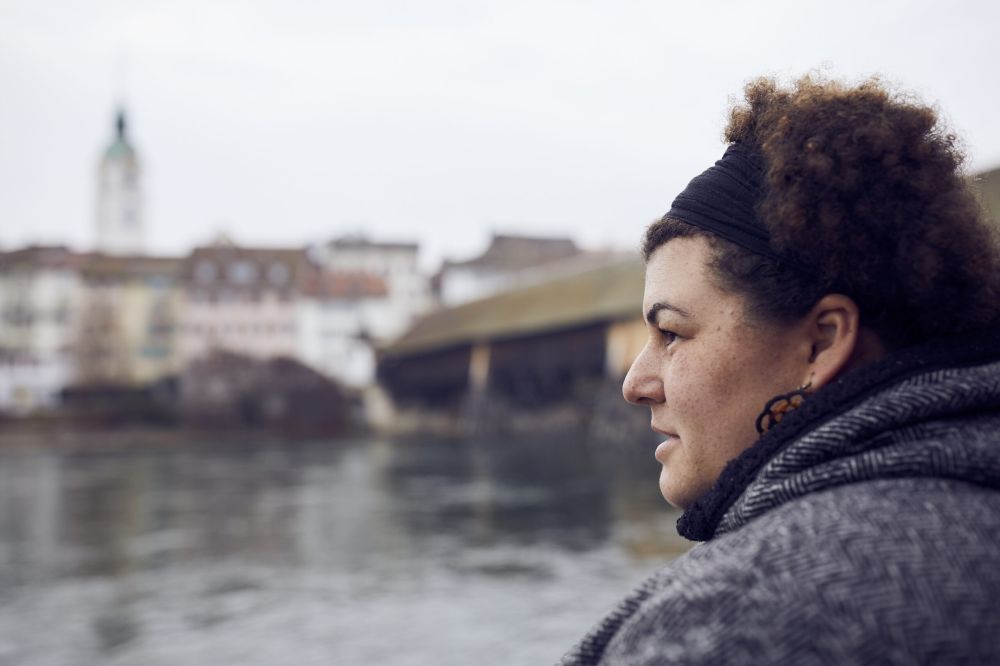


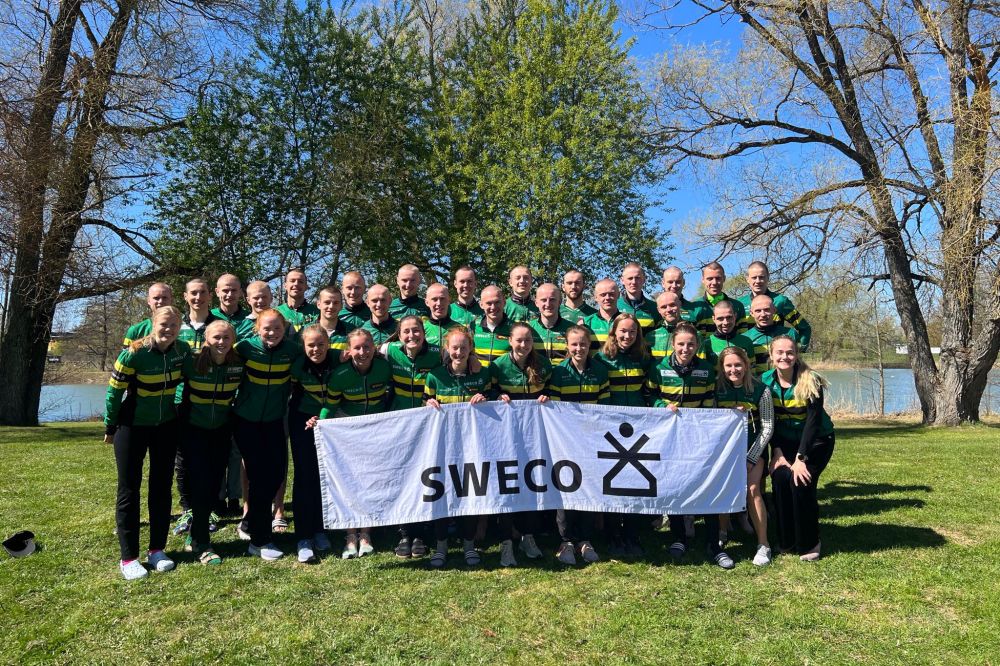






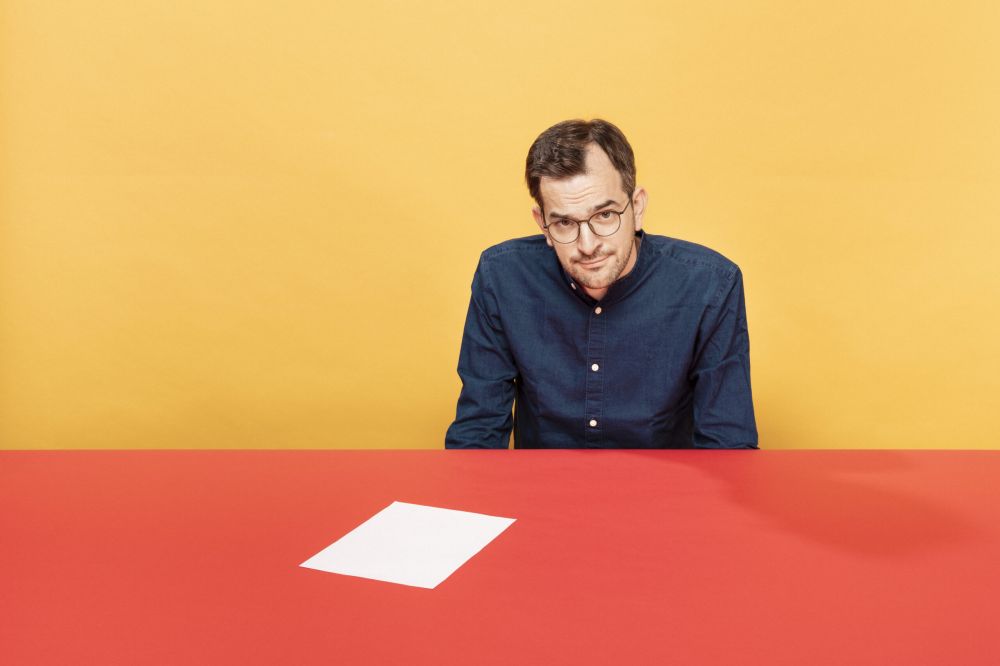

Orpheus and Eurydice – what a nice revival in familiar surroundings! – Für mich mit englischem Humor geschrieben, oder gibt es den auch in Ohio?